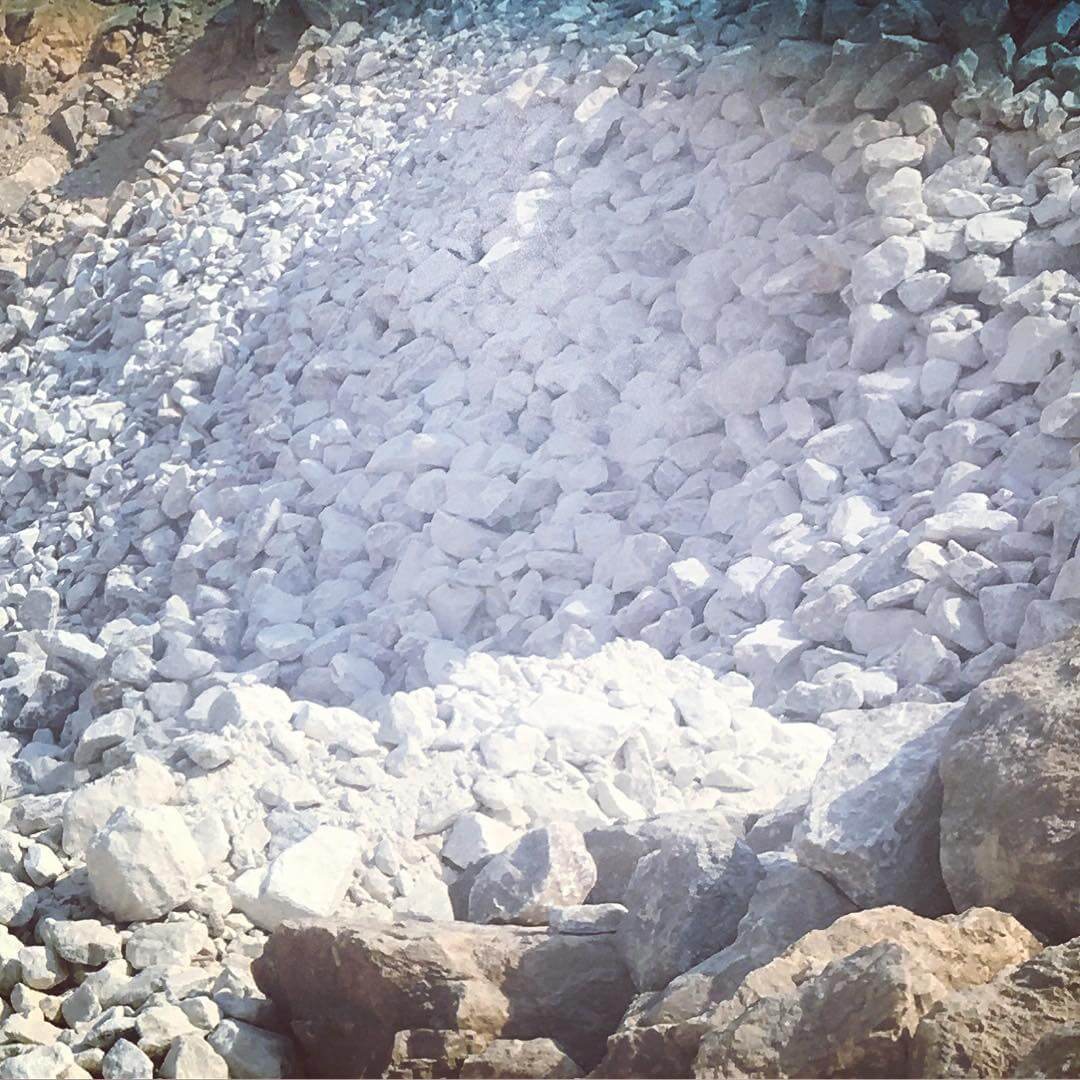
What is gypsum?
Gypsum is one of the most used building materials which is usually used in order to cover walls, ceiling and to frame decorative elements. Building plaster is made with gypsum rocks found in nature. Gypsum rock has a crystalline texture and is composed of thick layers which after extraction and processing, it is converted into building plaster powders. This rock is transferred to the furnace, after being extracted from the ground by industrial rock crusher machines, and is heated at a temperature of 180 ° C. this heat eliminates the crystallization of gypsum and evaporates its water, resulting in the gypsum powder needed for construction affairs. Building plaster is made from pure gypsum rocks and in the production process, no additive materials is used.
Types of building plaster:
Gypsums have different types which each has its own special application. These type include the following:
- Clay plaster: This type of plaster is specifically used as the first layer of plastering.
- Mix earthen plaster: Also called ready mud plaster is sometimes used as the first layer of plastering instead of clay plaster.
- Micronized Plaster: This plaster in comparison to normal and common plasters has more use and is used for wall-surfacing, stamping, molding, sculpture, decorative plaster and production of polymer and composite plaster.
- White plaster: This plaster is used for the final layer of plastering and polishing. This plaster has a wonderful white color and is used for whitening, joinery and whitening. The adhesion of this plaster is high.
- Stucco plaster: This type of gypsum is used for scaling.
- Crystal plaster: This plaster is a special kind of gypsum products that is manufactured according to the needs of domestic and foreign markets for special and technical uses. Among the physical characteristics of this type of plaster, it can be pointed out to the pure white color and its long standing setting time. This type of plaster is sent to foreign markets
- Industrial plaster: This type of plaster is mostly used to produce prefabricated pieces.
Features of the building plaster
The resistance of the plaster depends on two factors of the plaster setting temperature and the amount of gypsum dough. The gypsum resistance increases and stays constant after its setting. To increase the resistance of this material, sand can be added.
The minimum setting time for construction plaster is 4 minutes and the maximum time is 10 minutes. Therefore, plaster is one of the fast setting building materials that using it would shortens time of the work.
After setting the gypsum gains extra volume after drying, it does not contract and crack. The plaster creates a smooth, homogeneous surface without any holes, hence this material is used to fill the cracks in the wall.
The resistance of the plaster to the fire is high and in fact it is a slow burning material. Gypsum is a very lightweight material, and its use does not add extra load on the building. This material is in a way an acoustic and thermal insulation. Gypsum has a ductility and can be made in various forms.
Plaster applications
The most important uses of gypsum in various industries are summarized as follows:
- Construction/Building: Finishing, whitening, cleaning, polishing, plastering, gypsum mortar, brick, plaster and sand, thermal and acoustic insulation, prefabricated sheet and ceiling wall, sculpture building.
- Cement industry: Increased setting time (late setting time). The faster setting time the cement has, the better is to the liking of customer.
- Molding in porcelain and Ceramic Industries: Porcelain and Ceramic Molds.
- Food industry: As a rich source of calcium for the body.
- Glass making industry: Melt viscosity adjustment (whether it is dissolved or not in terms of oxygen content)
- Foundry industry: refractory plaster
- Petrochemical industry: as a dryer
- Agricultural industry: agriculture, fertilizer preparation, soil conditioner, chemical toxins.
- Medical: Medical Band, Dental Mold, Pill Preparation, Insecticide and Yeast Growth, Food and Drug materials